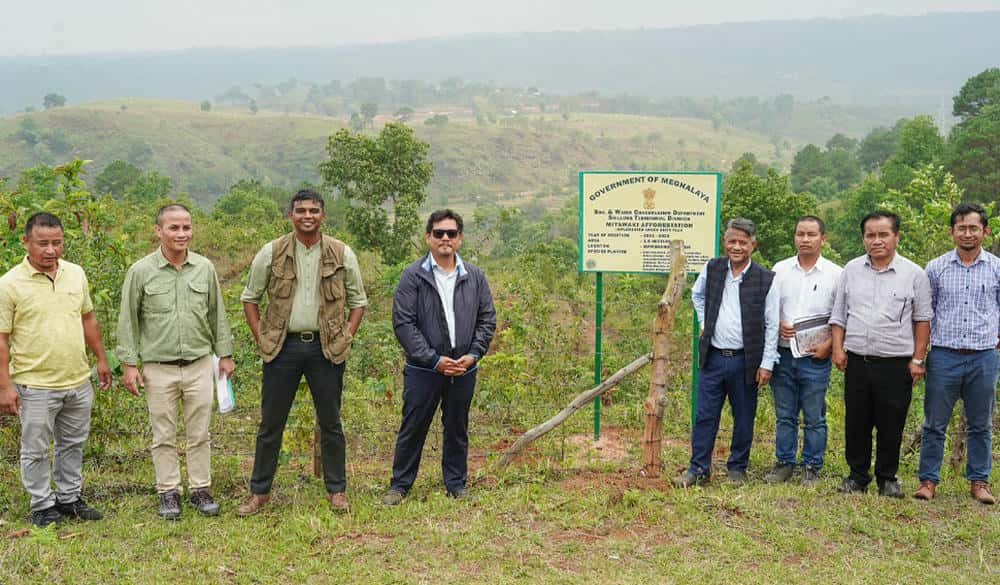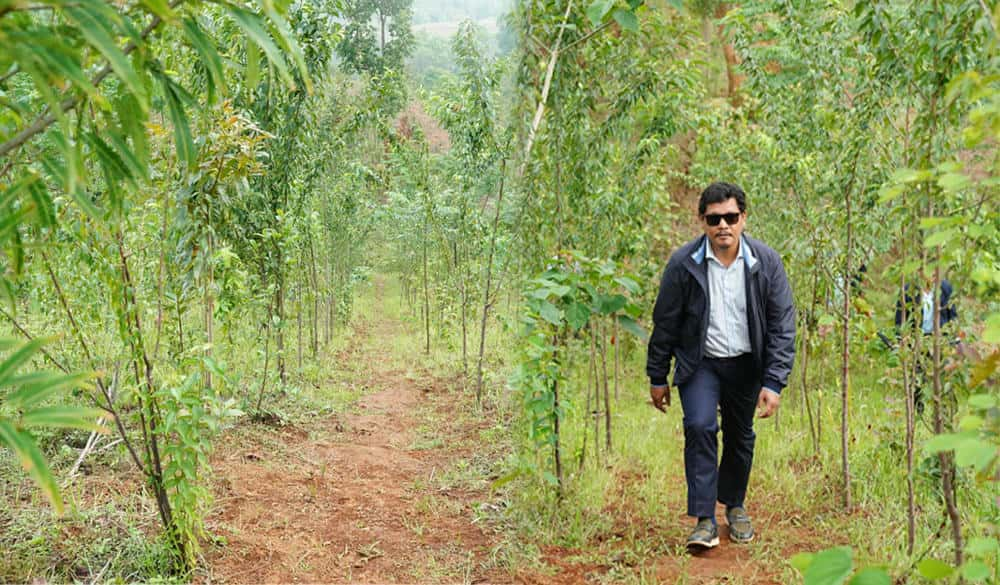Meghalaya sets ambitious goal to restore 25,000 hectares with Miyawaki forests

In a bold move towards environmental conservation, the Government of Meghalaya has set a goal to restore 25,000 hectares of land using the innovative Miyawaki method of afforestation. This fast-growing, sustainable approach to planting dense, native forests is now being implemented across the state as part of a broader effort to combat deforestation and promote green cover. Spearheaded by the Soil and Water Conservation Department, this large-scale initiative aims to boost biodiversity, improve air quality, and combat climate change.
Chief Minister Conrad K. Sangma has played a key role in pushing for environmental conservation. He has raised serious concerns about deforestation across the state and has been working to restore green cover through various programs.
To support this effort, the state has initiated different interventions including Green Meghalaya and has partnered with different organizations to promote conservation and afforestation programme. The state government is also providing financial incentives through the Payment for Ecosystem Services (PES) for conservation of forest cover.
On May 8, the Chief Minister visited a Miyawaki forest site at Mawsharoh, Ummir in East Khasi Hills, where the method is being used to grow a forest on a 1.5-hectare area. Currently, similar projects are being implemented on a total of 25,000 hectares throughout Meghalaya.
The method involves planting native trees close together in layers, which leads to rapid growth of dense, self-sustaining forests. These forests grow faster than traditional plantations and require less maintenance over time.

The project is being carried out with strong support from local communities, who are actively involved in the planting and care of these forests. The first Miyawaki forest plantation in Meghalaya began three years ago in Garo Hills as a pilot project.
“The project will be expanded across the state as one of our main afforestation drives,” said Chief Minister Conrad K. Sangma.
The Miyawaki method not only helps restore greenery but also brings many other benefits. These mini-forests help absorb carbon dioxide, fight climate change, improve air quality, reduce noise pollution, and provide shelter for wildlife. Meghalaya’s rich soil and unique climate make it ideal for growing these forests.





Leave a Reply